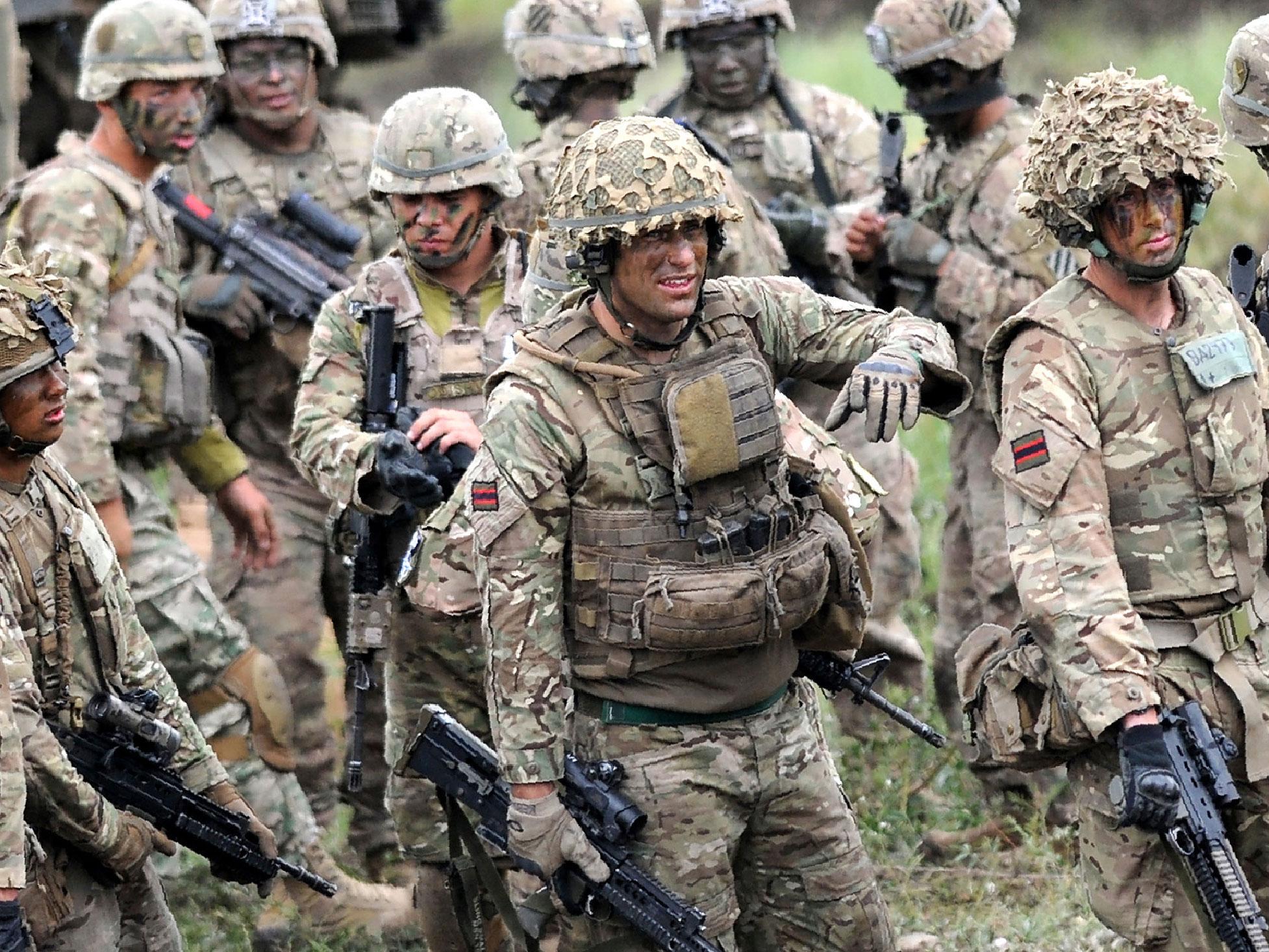In the UK 16-year-olds can’t legally play Call of Duty but they can join the army
The UK, alongside Belarus, are the only two countries in Europe which allow 16-year-olds to join its armed forces

The UK’s poor performance in the KidsRights report - measured against the UN’s Committee on the Rights of the Child - is alarming but should not come as a surprise.
The research shows the UK dropping from 11th to 156th in global rankings and in areas relating to discrimination, respect for a child’s views and how countries promote children’s best interests.
Reasons for such failings in wider society are likely driven by multiple factors but one of the reasons for the UK’s poor ranking is seen through its continuing recruitment of teenagers into the army. The UK, alongside Belarus, are the only two countries in Europe which allow 16-year-olds to join its armed forces.
The continued policy of recruiting school-aged children has long been used by the Ministry of Defence (MoD) as a means to bulk up army numbers, placing their own institutional interests above that of those who sign-up.
According to the MoD, 22.2 per cent of new arrivals were under 18 between 2015 and 2016.
Enticing school-aged children in to the army, many of whom come from working-class or troubled backgrounds, is key for Michael Fallon’s MoD as it scrambles to increase recruitment.
The MoD has said that recruiting teenagers is favourable compared to persuading adults to sign-up for infantry roles and that enticing juniors “presents an opportunity to mitigate standard entry shortfalls particularly for the infantry.” The reality of army life is often a far cry from the glossy marketing campaigns.
Fatalities in the British infantry were seven times higher in Afghanistan than other areas of the armed forces.
New recruits are thrust into a life of intense physical training and psychological conditioning.
More than one-third of 16- and 17-year-olds who enlist drop-out before training is complete. This contrasts with 28 per cent of adult trainees.
The likelihood of injury is far greater among the military’s minors, with research showing a lack of physical maturity a common cause.
Training for teenagers is severe and involves learning how to kill, what weapons to use and where best to maim an opponent.
Such experiences can cause long-term immense psychological damage and studies show that these are often heightened when carried out by the youngest recruits.
Mental health problems are far more likely among younger recruits and there is a 64 per cent increased risk of suicide among under-20 male army recruits compared to their peers in general population.
And although the MoD stresses that teenage recruits are not selected for combat until they turn 18, there have been several instances when under-18s have been sent to war.
Again, it is a case of the army prioritising its own needs above that of its teenage trainees.
Despite international pressure, the MoD refuses to implement a total ban on deploying teenagers.
All this is achieved at an age before you can vote, watch certain films or legally play the latest Call of Duty video game which are deemed too violent or distressing for under-18s.
It is clear that in a military context the rights of children are not being protected.
As an organisation seeking to end the recruitment of children by national armies and armed groups globally, Child Soldiers International believe it is critical the MoD readdress its recruitment policies.
The fact that some individuals enjoy a career in the armed forces cannot be used to justify a policy which sidesteps the rights of hundreds who sign-up at 16. It is time for that to change.
Rachel Taylor is senior programme manager at Child Soldiers International. Child Soldiers International is an international human rights organisation which seeks to end the military recruitment of any person under the age of 18.
Join our commenting forum
Join thought-provoking conversations, follow other Independent readers and see their replies
Comments
Bookmark popover
Removed from bookmarks